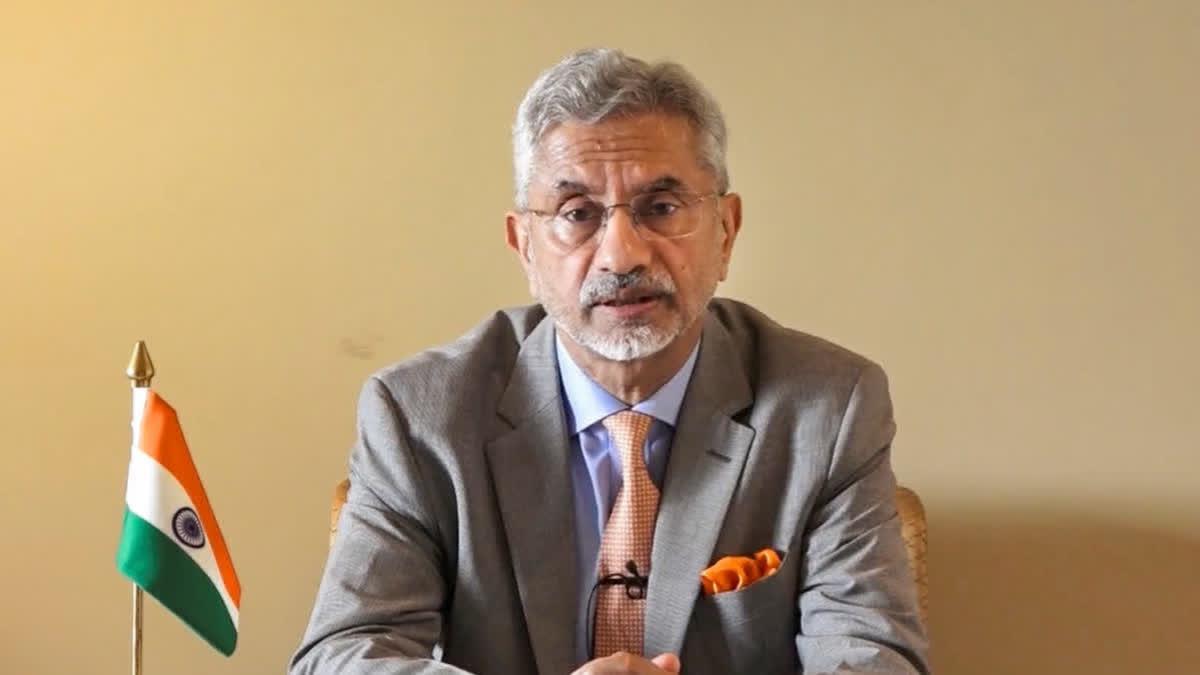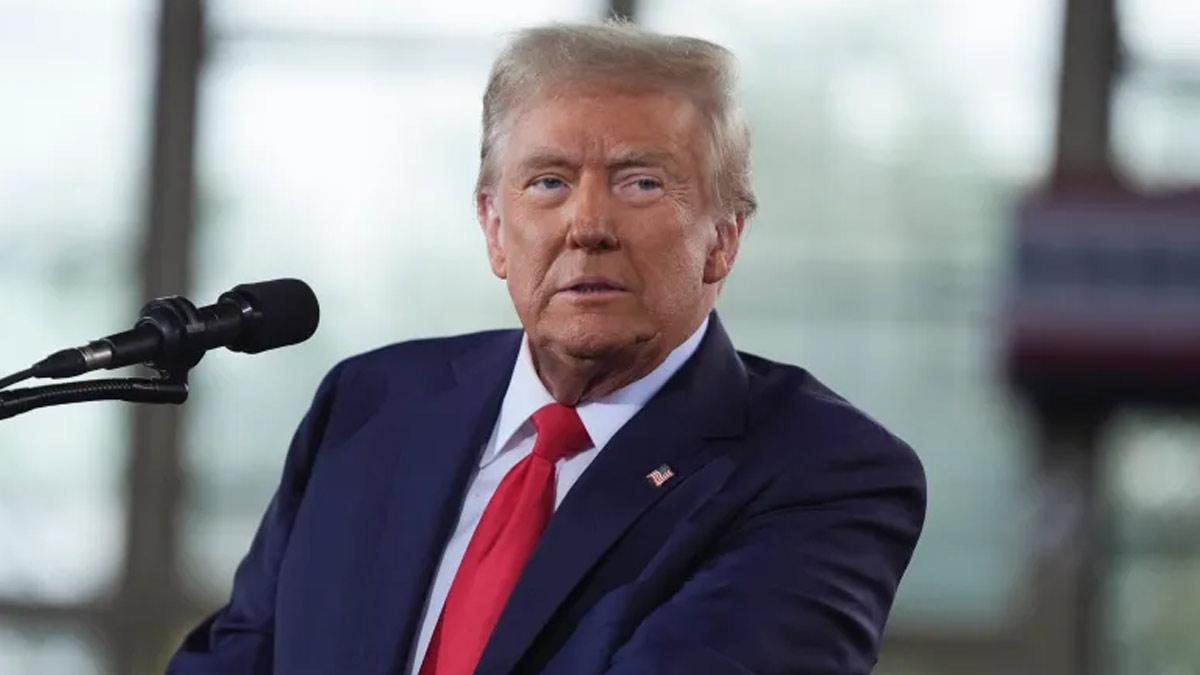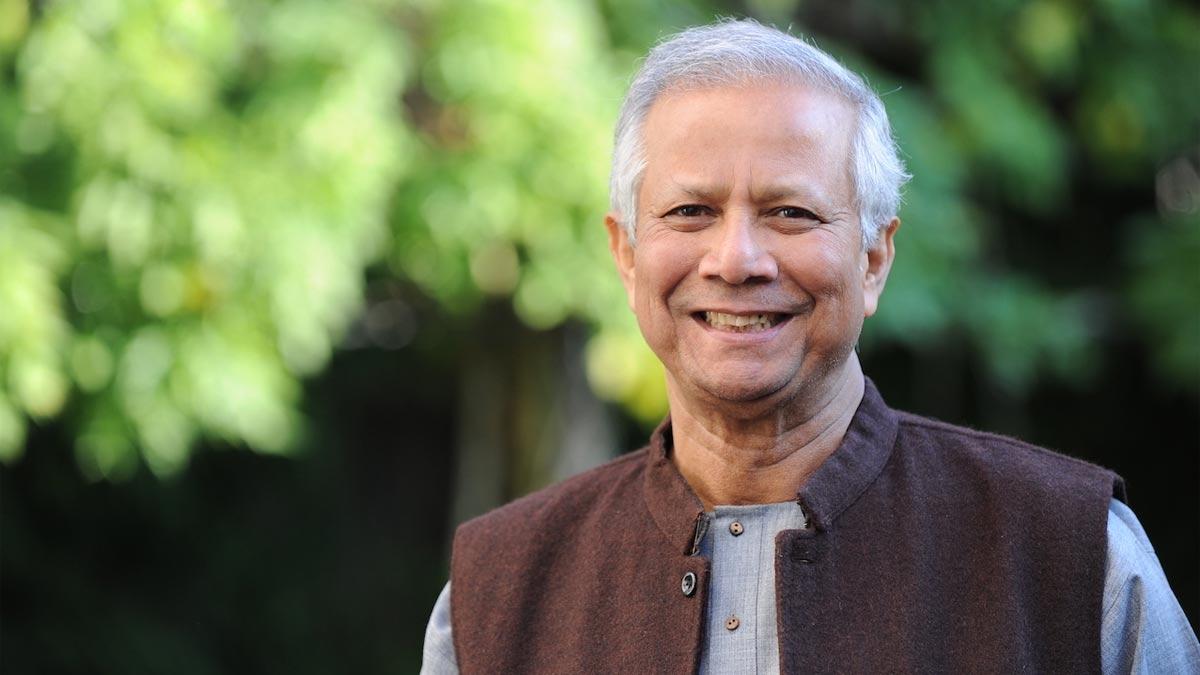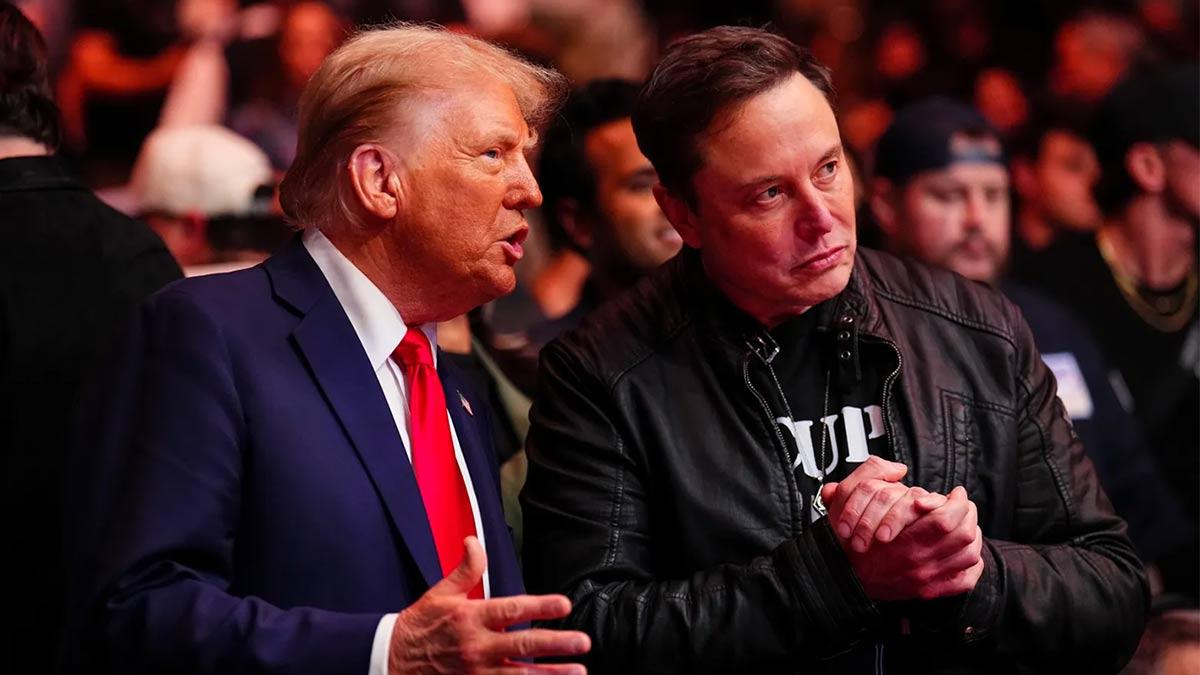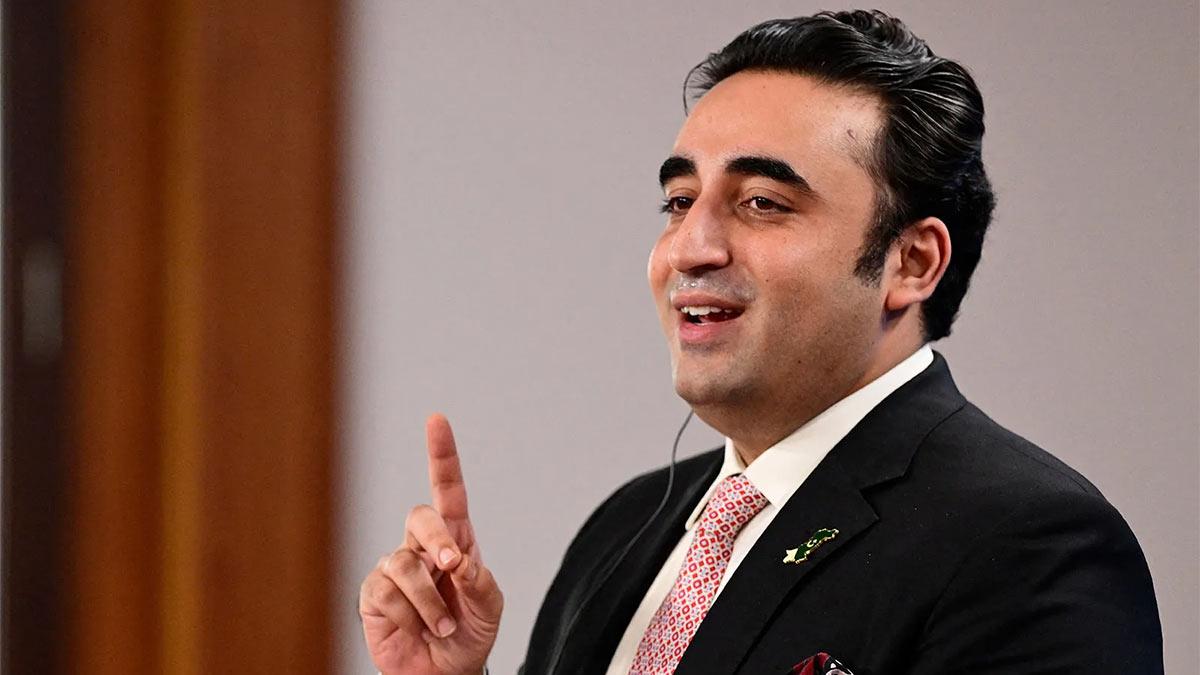At the Raisina Dialogue, India's External Affairs Minister S. Jaishankar gave a candid speech on the need to create an international order, comparing it to how governments secure domestic order. He highlighted the West's hypocrisy in its approach to global affairs, especially with regard to the Global South, and noted the case of Pakistan's intrusion into Indian territory being redefined as a territorial claim.
Speaking of the Kashmir problem, Jaishankar highlighted that India is confronting the longest foreign occupation illegally in Jammu and Kashmir, and Ladakh—regions which were illegally occupied by Pakistan with its 1947 invasion, only two months after India's independence, and by China in the 1950s and 1960s.
He also questioned the West's double-headed policy towards Afghanistan, especially in view of the Taliban's alternating domination of the nation over the past few decades. Jaishankar faulted the West's role in rebranding Pakistan's occupation of Kashmir as an invasion to a diplomatic issue. He declared, "We went to the UN on what was an invasion. It was turned into a dispute… Attacker and victim were put on par.". Who were the guilty actors? Australia, Canada, Belgium, the UK, and the USA."
Jaishankar highlighted the hypocrisy of action by global players such as Australia, Canada, Belgium, the UK, and the USA, who colluded in misrepresenting the facts. He remembered how India's appeal to the United Nations led to the unwarranted equalization of the aggressor and the victim, even though Pakistan was the outright aggressor.
Moving to Afghanistan, Jaishankar also chastised the West for its mixed strategy, pointing out the paradox of condemning the very same Taliban leaders who were formerly welcomed in the Doha and Oslo talks for the growing political instability in Afghanistan. He noted the bizarre transformation of the Taliban, from being regarded as extremists to now standing in suits and ties, but yet still considered a serious global threat.
Jaishankar's observation illuminates the current contradictions in international politics, where countries usually have a diplomatic facade around disputes that are unresolved.
Read also| Trump Announces Release of 80,000 Unredacted JFK Assassination Files Today

